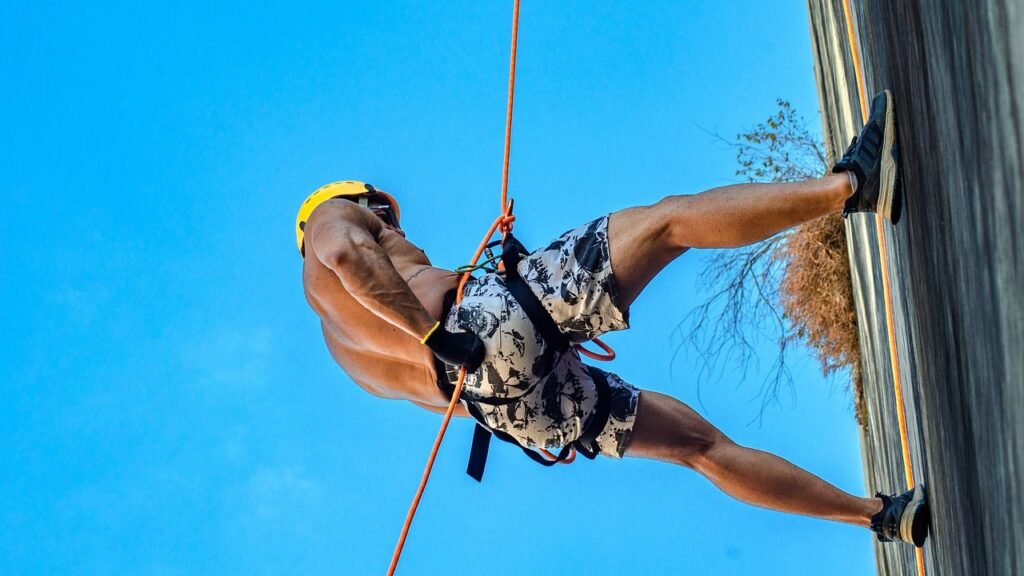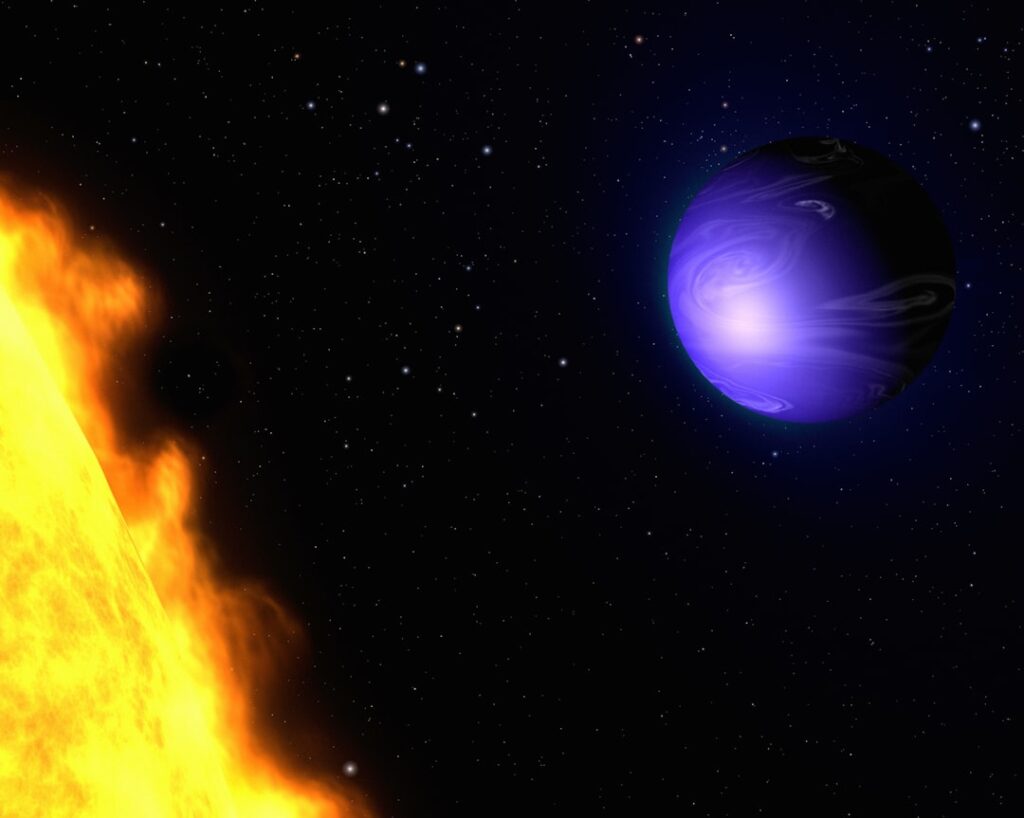For a decade, Friends entertained millions of viewers with the comedic exploits of six twenty-somethings navigating life in New York City. Among them, Ross Geller, portrayed by David Schwimmer, stood out as the intellectual of the group—a paleontologist whose career became a running joke throughout the series. While Ross’s dinosaur obsession provided plenty of comedic fodder, many viewers and scientists alike have wondered: did the character actually demonstrate legitimate paleontological knowledge, or was his expertise merely a convenient plot device? This article examines the scientific accuracy of Ross’s dinosaur knowledge from a paleontological perspective.
The Academic Credentials of Dr. Ross Geller

Throughout the series, Ross’s academic background is well-established—he holds a Ph.D. from Columbia University and works as a paleontologist at the New York Museum of Natural History (later becoming a professor at New York University). These credentials are impressive and align with what would be expected of a professional in the field. Columbia University does indeed have a respected Earth and Environmental Sciences department that includes paleontology. The show correctly portrays the typical academic trajectory of someone in this field, including doctoral research, peer-reviewed publications, and museum work. Ross’s academic journey, while sometimes played for laughs, actually reflects the competitive nature of academic paleontology and the dedication required to achieve such credentials.
Ross’s Dinosaur Terminology: Hit or Miss?

When examining Ross’s dinosaur-related dialogue, the show demonstrates surprising attention to correct terminology. Ross frequently references actual dinosaur species by their proper scientific names, such as Tyrannosaurus rex, Brachiosaurus, and Triceratops. He correctly uses paleontological terms like “Mesozoic Era,” “Cretaceous Period,” and “fossilization.” In the episode where he takes Rachel to the museum, he explains concepts like extinction events and fossil formation with reasonable accuracy. However, there are occasional simplified explanations that serve the narrative rather than scientific precision. For instance, in “The One with the Cop,” Ross attempts to move a couch up a stairwell while shouting “Pivot!”—a moment that has nothing to do with paleontology but has become more famous than any of his scientific discussions. Overall, the terminology used is largely accurate, if sometimes selectively employed for comedic effect.
The Infamous “Unagi” Episode: A Case Study in Misdirection

One of the most memorable Ross moments comes from “The One with Unagi,” where Ross claims to have achieved a state of “total awareness” through karate training. What makes this episode interesting from a scientific perspective is how it demonstrates Ross’s character trait of confidently presenting information outside his expertise—something that occasionally spills into his paleontological discussions as well. While Ross never explicitly connects “unagi” (which actually means “freshwater eel” in Japanese) to dinosaurs, this episode epitomizes how the character often speaks with authority on subjects he only partially understands. This trait raises questions about how accurately he might present paleontological information when the cameras aren’t rolling, so to speak. The episode serves as a reminder that even experts in one field can overestimate their knowledge in other areas—a phenomenon known in psychology as the Dunning-Kruger effect.
Analyzing Ross’s Museum Exhibit
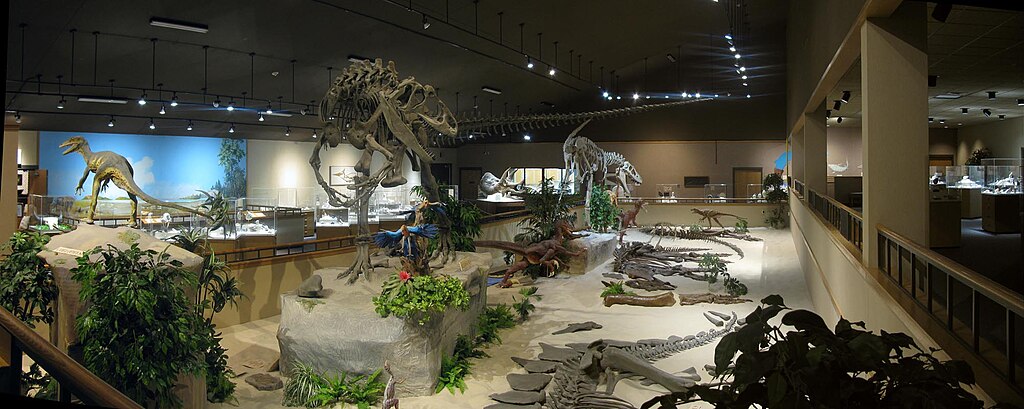
Several episodes feature Ross’s work on museum exhibits, most notably when he gives Rachel a tour of his workplace. These scenes contain some of the most scientifically accurate content in the series. The exhibit layouts shown briefly in the background appear to follow standard natural history museum practices, with skeletons mounted in scientifically plausible poses reflecting our understanding of dinosaur posture at the time the show aired. The episode aired in the late 1990s, when paleontologists were still refining their understanding of dinosaur posture and movement. Ross mentions working on a new Jurassic exhibit, which would indeed be a major undertaking for a paleontologist at a major museum. His excitement about the exhibit and detailed knowledge of the specimens aligns with the passion real paleontologists have for their work. These scenes, while brief, demonstrate that the writers did consult with scientific advisors on museum protocols and exhibit design.
Ross’s Research: Publication Record and Specialization
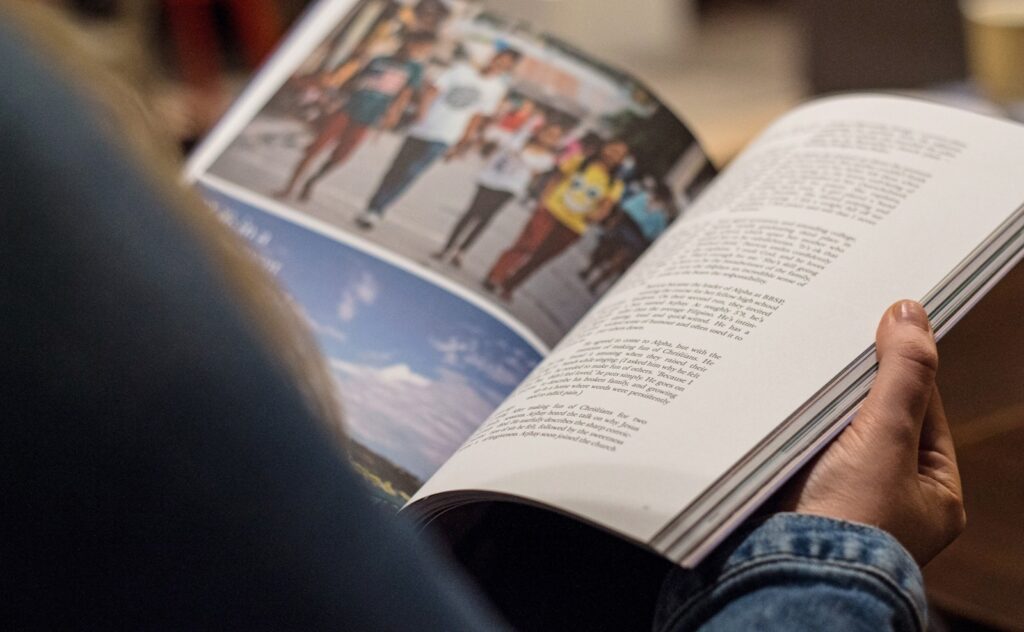
Throughout the series, Ross occasionally mentions his research and publications, including a paper in the fictional “Journal of Paleontology” (though a real journal with this name does exist). He appears to specialize in the Late Cretaceous period, with particular interest in therapods and other carnivorous dinosaurs. This specialization is consistent with actual paleontological practice, where researchers typically focus on specific time periods or taxonomic groups. In “The One Where Ross Gets Tenure,” his publication record becomes a plot point, suggesting he has published sufficiently to be considered for tenure at NYU. The show hints that Ross has conducted fieldwork, mentioning trips to fossil sites—another accurate aspect of paleontological research. While we never see the content of his publications, the references to peer review and academic presentations accurately reflect the professional reality of working paleontologists.
The Famous “Moist Maker” Paleontology Lecture

In “The One with Ross’s Sandwich,” Ross becomes uncharacteristically upset when someone at work eats his Thanksgiving leftover sandwich. While primarily played for laughs, this episode actually offers an interesting glimpse into the stresses of academic life that would affect a paleontologist like Ross. He mentions giving an important lecture that day, suggesting he regularly teaches paleontology to students or museum visitors. The breakdown he experiences can be viewed as an exaggerated representation of the pressures faced by academics balancing research, teaching, and personal life. Though we never hear the actual content of his paleontology lecture, his concern about its reception implies a level of professional dedication that rings true for academic scientists. The episode also references departmental politics and the competitive nature of academic positions—realities that would indeed affect a paleontologist at a prestigious institution.
Ross’s Dinosaur Knowledge Versus 1990s Paleontology

To fairly evaluate Ross’s expertise, we must consider the state of paleontology during Friends’ 1994-2004 run. This period saw significant advancements in our understanding of dinosaurs, including growing evidence for feathered dinosaurs and the dinosaur-bird connection. Interestingly, Ross never mentions these cutting-edge developments, despite what would have been revolutionary news in his field. The 1990s also saw the release of Jurassic Park, which brought dinosaurs into popular culture while perpetuating some scientific inaccuracies. Ross never critiques these inaccuracies on screen, a missed opportunity for the character to demonstrate current scientific knowledge. His discussions of dinosaurs generally reflect a more traditional, 1980s understanding of dinosaur physiology and behavior, suggesting the writers may have relied on somewhat outdated reference materials or were more concerned with general audience recognition than cutting-edge science.
The Velociraptor Conundrum: Ross’s Take on Popular Dinosaurs

One notable absence in Ross’s dialogue is any correction of Jurassic Park’s famously inaccurate portrayal of Velociraptors. Real Velociraptors were turkey-sized dinosaurs with feathers, quite different from the large, scaly creatures depicted in the film. A practicing paleontologist during this period would likely have been eager to clarify these misconceptions, especially given the film’s popularity. When Ross does mention popular dinosaurs like T. rex or Brachiosaurus, he presents fairly standard information that doesn’t demonstrate specialized knowledge beyond what might appear in a museum plaque. In “The One Where Ross and Rachel… You Know,” he excitedly shows Rachel a fossil but focuses more on his romantic intentions than providing accurate scientific information about the specimen. These moments suggest that while Ross may indeed have expert knowledge, the show prioritized relationship dynamics over showcasing his scientific expertise.
Ross’s Fossil-Hunting Techniques
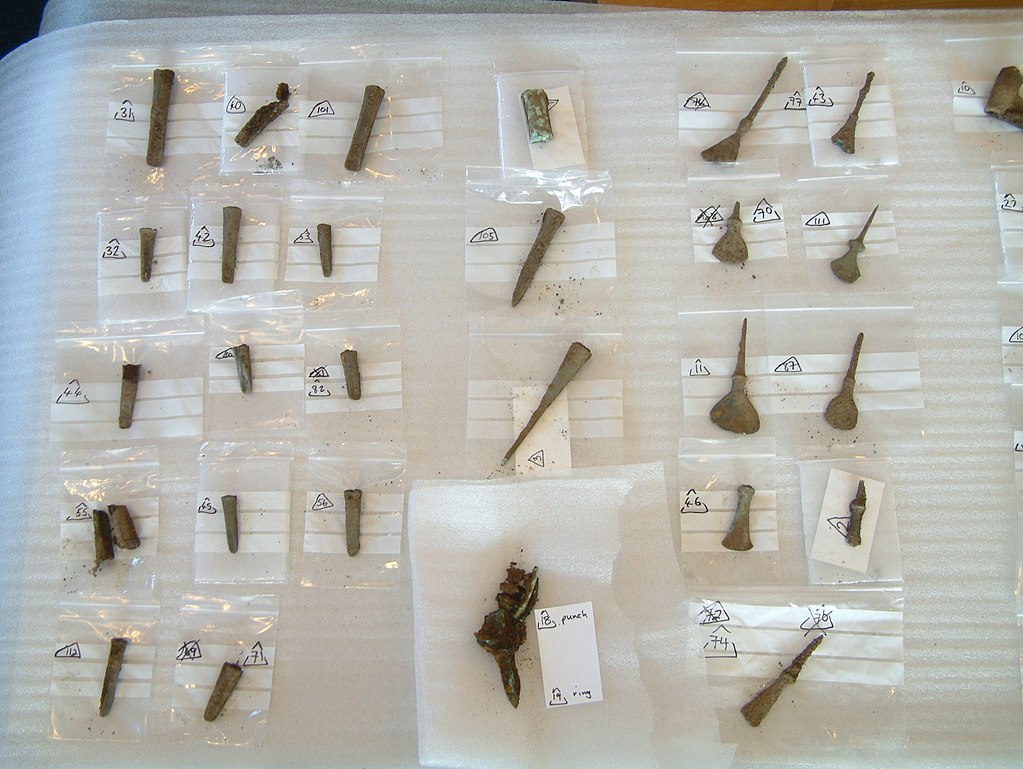
The series occasionally references Ross’s participation in paleontological digs, though we rarely see him engaged in fieldwork. In “The One with the Inappropriate Sister,” he mentions preparing for a dig, packing appropriate equipment like brushes and chisels—tools actually used in fossil excavation. However, the show never depicts the meticulous documentation, casting, or extraction techniques that form the backbone of professional paleontological fieldwork. Ross’s approach to fossils seems more focused on the discovery than the methodical process of collection and preservation that actual paleontologists would emphasize. When he discusses finding fossils, he correctly notes the importance of sedimentary rock layers and geological context, showing some authentic knowledge of fossil formation. His excitement about discoveries reflects the genuine thrill paleontologists experience when finding significant specimens, though the show simplifies the lengthy, often tedious process of fossil preparation and analysis.
Ross’s Teaching Methods: Scientifically Sound?
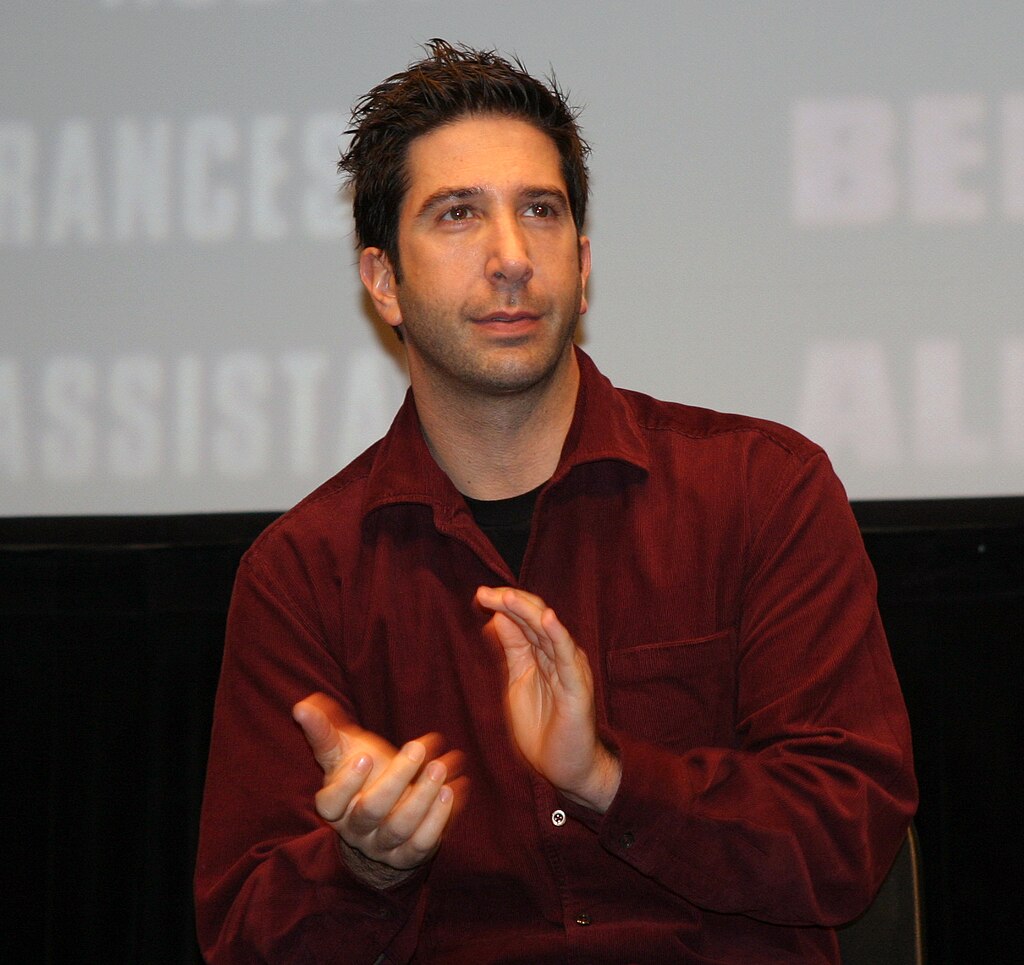
After transitioning from museum work to academia, Ross becomes a professor at NYU, where his teaching methods provide another window into his paleontological knowledge. In “The One Where Ross is Fine,” he mentions preparing a lecture on “sediment flow rate,” a legitimate concept in geology that would be relevant to understanding fossil deposition. His apparent ability to secure guest lecturers and organize field trips suggests he follows standard educational practices in paleontology programs. When he discusses grading papers and exams, he references concepts like evolutionary adaptation and morphological classification—appropriate topics for paleontology coursework. Though primarily played for laughs, his frustration with underperforming or uninterested students reflects a reality faced by many science educators. While we never see a complete lecture, the fragments of teaching content mentioned throughout the series generally align with what would be taught in introductory and advanced paleontology courses.
The Evolution Debate: Ross’s Scientific Stance

Perhaps the clearest indication of Ross’s scientific credibility comes in “The One Where Heckles Dies,” when he engages in a heated debate with Phoebe about evolution. Ross staunchly defends evolutionary theory with scientific arguments, correctly identifying it as the foundation of modern biological and paleontological understanding. His frustration with Phoebe’s alternative theories mirrors how actual scientists respond to evolutionary denialism. He accurately cites fossil evidence and the concept of transitional forms, demonstrating knowledge that aligns with mainstream scientific consensus. This scene shows Ross at his most scientifically articulate, making arguments that any paleontologist would support. His passionate defense of evolution suggests genuine scientific understanding rather than memorized facts. The writers deserve credit for portraying this aspect of paleontology accurately, showing Ross as someone who truly comprehends the theoretical framework of his field rather than just collecting cool dinosaur bones.
Pop Culture versus Scientific Accuracy in Ross’s Character
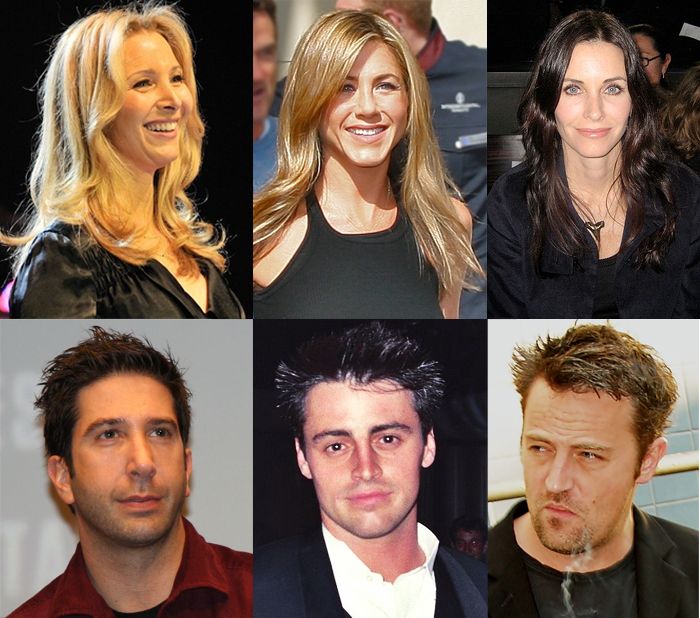
Throughout Friends’ ten-season run, Ross’s character serves dual purposes: representing science in a mainstream sitcom while providing comic relief through his perceived nerdiness. This duality creates an interesting tension in how his paleontological knowledge is portrayed. When it serves the plot or a joke, his expertise is simplified or exaggerated. When the writers want to establish his intellectual credentials, they include surprisingly accurate scientific details. This inconsistency reflects broader challenges in portraying scientists in popular media, where accuracy often takes a backseat to entertainment value. Ross’s character occasionally perpetuates the stereotype of the socially awkward scientist whose specialized knowledge alienates others. However, by making paleontology central to a beloved character’s identity, Friends also helped normalize scientific careers and potentially inspired viewer interest in dinosaurs and paleontology. The show’s treatment of Ross’s expertise ultimately reveals more about how science is perceived in popular culture than about paleontology itself.
Conclusion: The Verdict on Dr. Geller’s Expertise

After examining the evidence across ten seasons, we can conclude that Ross Geller demonstrates a mixed but generally credible level of paleontological knowledge. When the script calls for it, he displays accurate terminology, correct concepts, and appropriate scientific viewpoints that align with actual paleontological understanding of the 1990s. However, his expertise is inconsistently portrayed, sometimes sacrificed for comedic effect or simplified for the general audience. Ross appears most scientifically credible when defending evolution or discussing museum work, and least credible when his dinosaur knowledge becomes a punchline or remains conspicuously absent during relevant cultural moments like the Jurassic Park phenomenon. Would Ross Geller be considered a legitimate paleontologist by his peers? Based on the evidence presented in the show, he would likely pass muster as a traditionally trained, if not particularly groundbreaking, member of the paleontological community. His knowledge, while sometimes selectively presented, contains enough scientific accuracy to suggest that somewhere behind the laugh track, Dr. Ross Geller did indeed know his dinosaurs.


